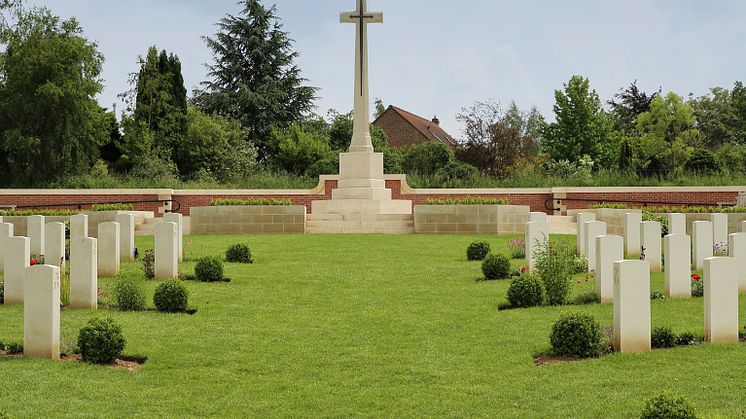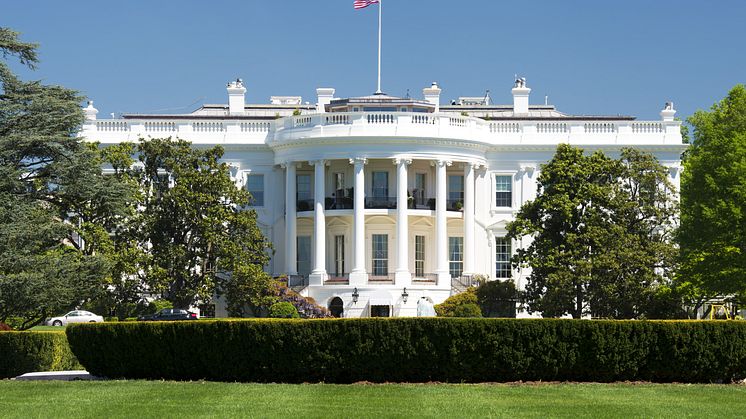Press release -
EXPERT COMMENT: Emmanuel Macron faces a really big problem if he becomes French president
Ariane Bogan, Senior Lecturer in French and Politics at Northumbria University, writes about the potential outcome of the French presidential election.
But if he does, will he actually run the country? This question might sound odd but the nuances of the French political system put Macron in a spot of bother. The president derives their power from the support of a majority in the lower house of parliament, the National Assembly. Macron was a minister for the Socialist Party government but quit in 2016 to form his own political movement. Now he doesn’t even have a party, let alone a majority.
Although the constitution of the French Fifth Republic, created by Charles De Gaulle in 1958, extended presidential powers, it did not enable the president to run the country.
There are only a few presidential powers that do not need the prime minister’s authorisation. The president can appoint a prime minister, dissolve the National Assembly, authorise a referendum and become a “temporary dictator” in exceptional circumstances imperilling the nation. They can also appoint three judges to the Constitutional Council and refer any law to this body. While all important tasks, this does not, by any stretch of the imagination, amount to running a country. The president can’t suggest laws, pass them through parliament and then implement them without the prime minister.
President and parliament
The role of a president is best defined as a “referee”. Presidential powers give the ability to oversee operations and act when the smooth running of institutions is impeded. So a president is able to step in if a grave situation arises or to unlock a standoff between the prime minister and parliament, such as by announcing a referendum on a disputed issue or by dismissing the National Assembly.
So, why does everyone see the president as the key figure? In a nutshell, it’s because the constitution has never been truly applied. There lies the devilish beauty of French politics. A country known since the 1789 revolution for its inability to foster strong majorities in parliament has succeeded, from 1962, in providing solid majorities.
When those majorities are from the president’s party, they hold all the cards. The president moves from a mere referee to an all-powerful figure. The introduction of direct election of presidents in 1962 led political parties to undergo a presidentialisation process. The ultimate aim of any party became to win the next presidential election and provide support for their candidate once elected. Any prime minister faced with a presidential majority therefore knows that they simply cannot oppose the president without risking being dismissed by a parliamentary majority that is loyal to the president. Parliamentarians will be aware that the president’s victory will have helped secure their own success in the National Assembly elections.
Sometimes the parliamentary majority is opposed to the president, in which case, a system of “cohabitation” kicks in – and the true weakness of the presidential mandate is exposed. The prime minister represents a different party to the president and can implement their programme without having to follow any presidential directives, safe in the knowledge that the majority supports them.
In these cases, the president truly lacks power. In cohabitation periods, the president reverts to the powers granted by the constitution and cannot run the country. This is a possible scenario for Macron. He might win the election but find the majority of MPs are against him. The most likely outcome would be a victory for the right-wing Les Républicains or even a coalition of parties against him.
However, another and perhaps more likely scenario is that the parliament will have no majority at all and Macron will have to somehow manufacture one.
Macron’s problem
This is all bad news for Macron, who does not have a party apparatus behind him. His movement, En Marche, is not a political party. It does not have established local branches nor any seats in parliament. Nor does it have the experience and logistics to campaign for the 577 seats on offer in the June parliamentary elections. Even with an established party, transforming a good score at a presidential election to parliamentary seats is difficult.
The Centrist François Bayrou – who has incidentally just joined forces with Macron – is a good example of this problem. Bayrou won 19% in the first round of the 2007 presidential election but his party still only managed to win three seats in parliament one month later.
How is Macron going to reach a majority of seats without a strong party? It’s possible that he will rally the centre right and the centre left, and maybe negotiate support from the Socialist Party in a coalition – although it’s hard to see the left wing of the party agreeing to it.
Even if he did manage to manufacture a majority from sympathetic parliamentarians, he might not always be able to rely on their support. Stalin once famously asked of the Pope: “How many divisions has he got?” The same could be asked of Macron.
Other candidates may face a similar issue to Macron – one of which is Marine Le Pen, since her party, the Front National, is unlikely to win more than a handful of seats in the parliamentary election. But at least she has a party.
Or perhaps Macron proposes to be truly radical in his presidency. Perhaps he has decided to restore the jilted constitution to its former glory and become the referee a president was always supposed to be. That would certainly give a final twist to a presidential campaign already full of surprises.
This article was originally published by The Conversation. Read the original article here.
Topics
Northumbria is a research-rich, business-focused, professional university with a global reputation for academic excellence. To find out more about our courses go to www.northumbria.ac.uk
If you have a media enquiry please contact our Media and Communications team at media.communications@northumbria.ac.uk or call 0191 227 4571.









